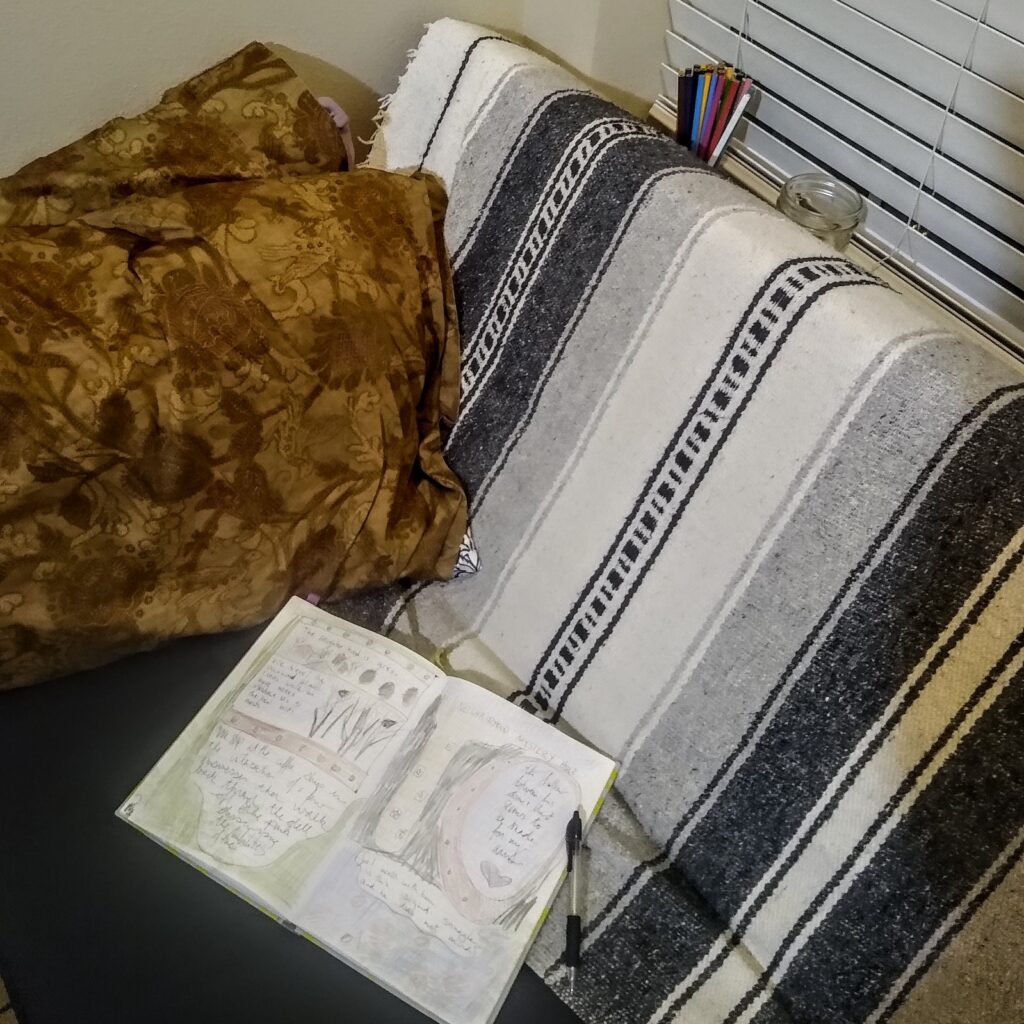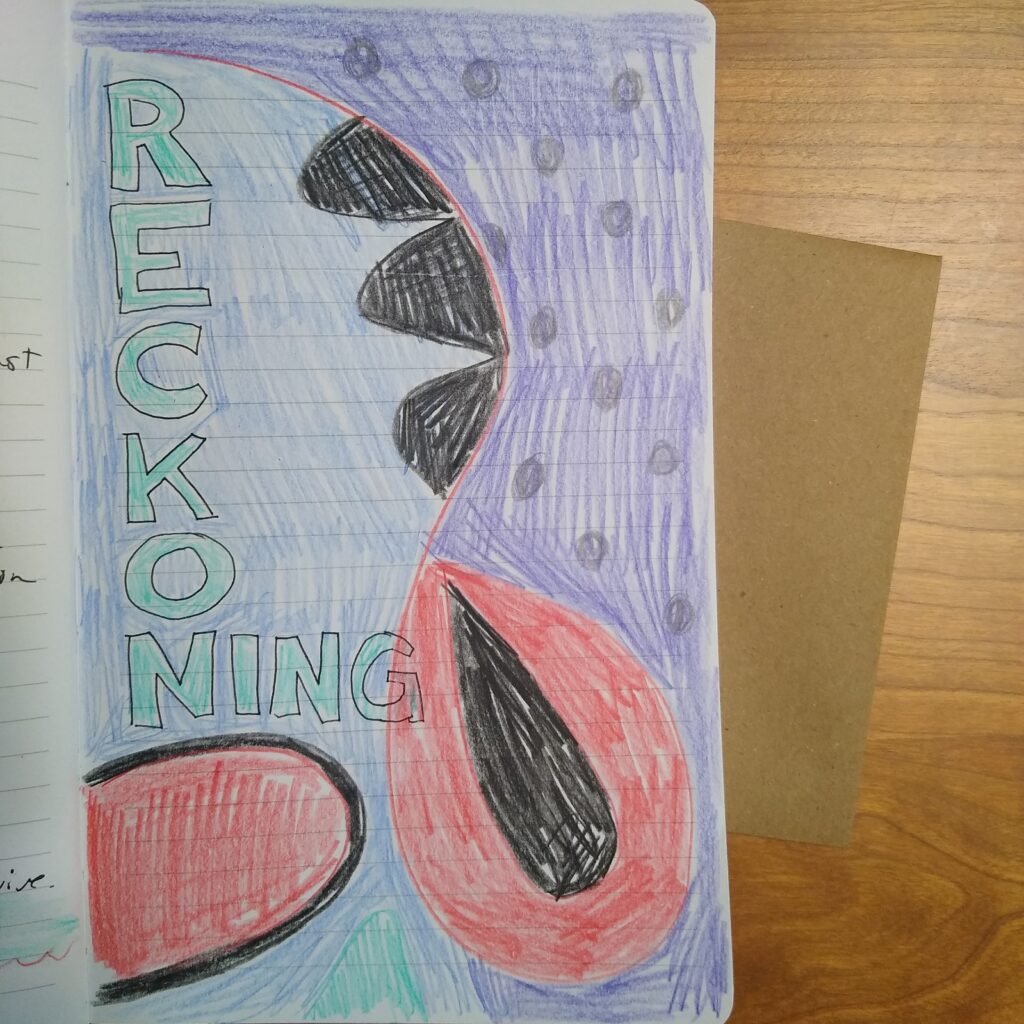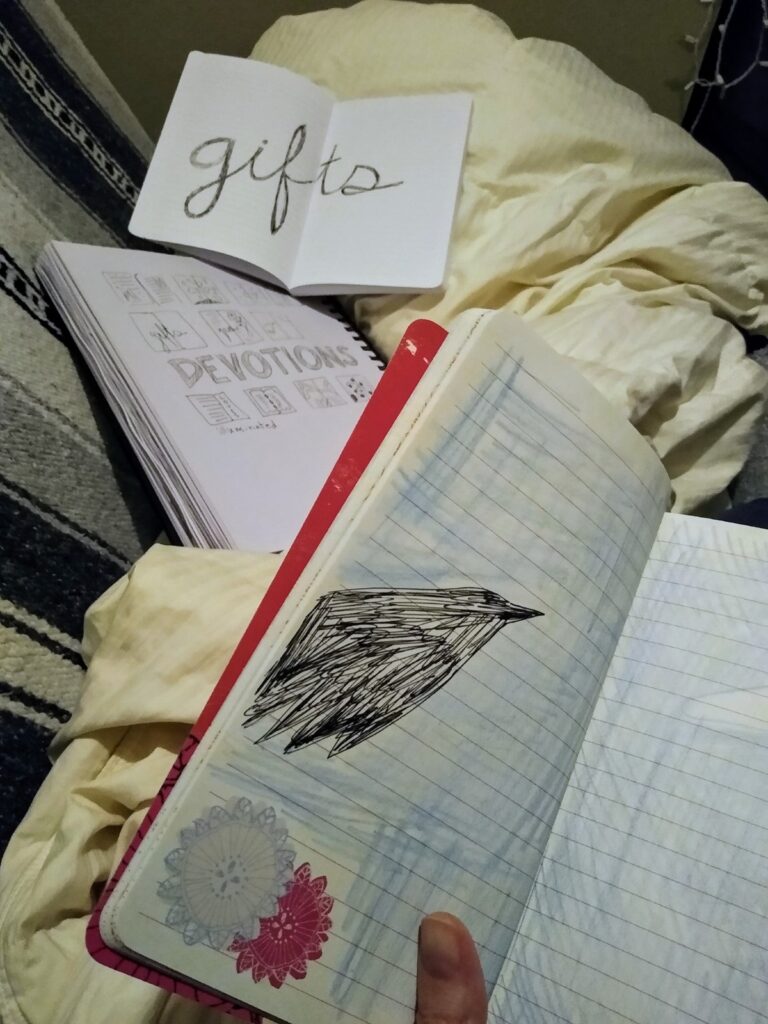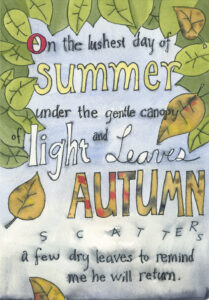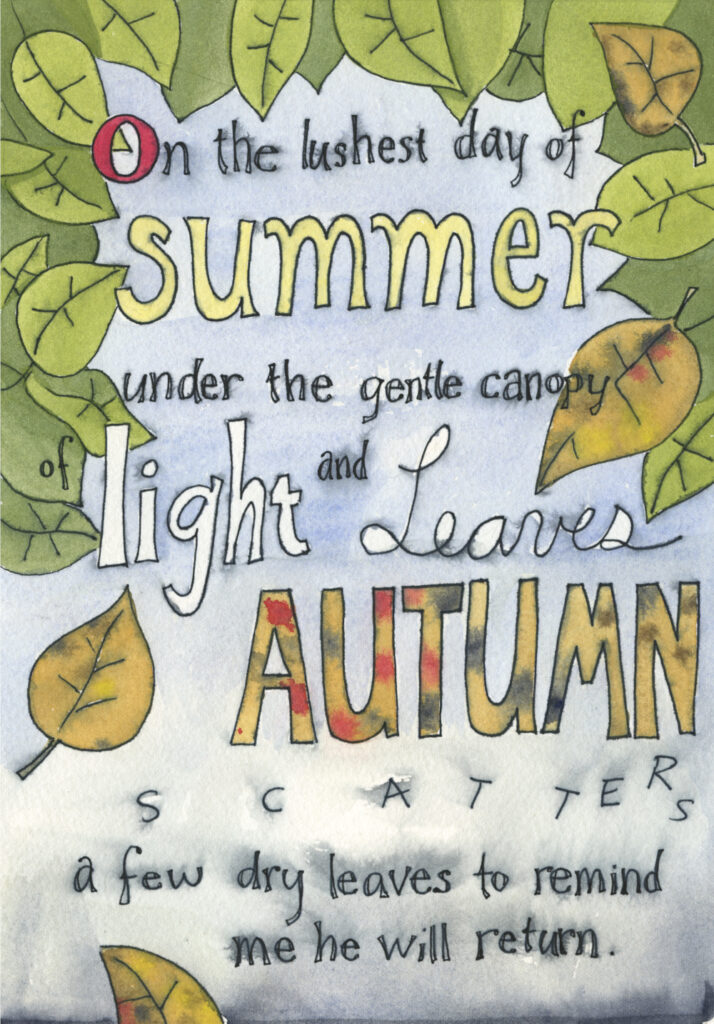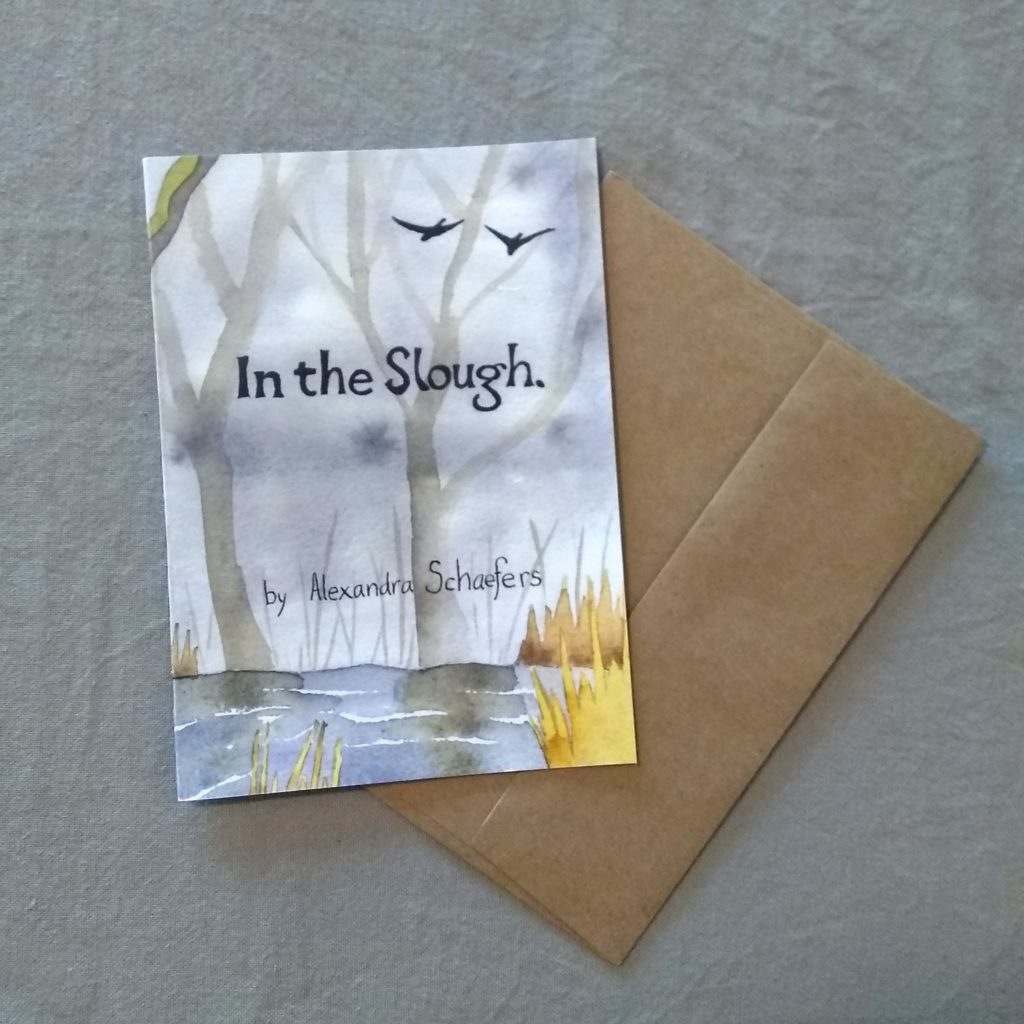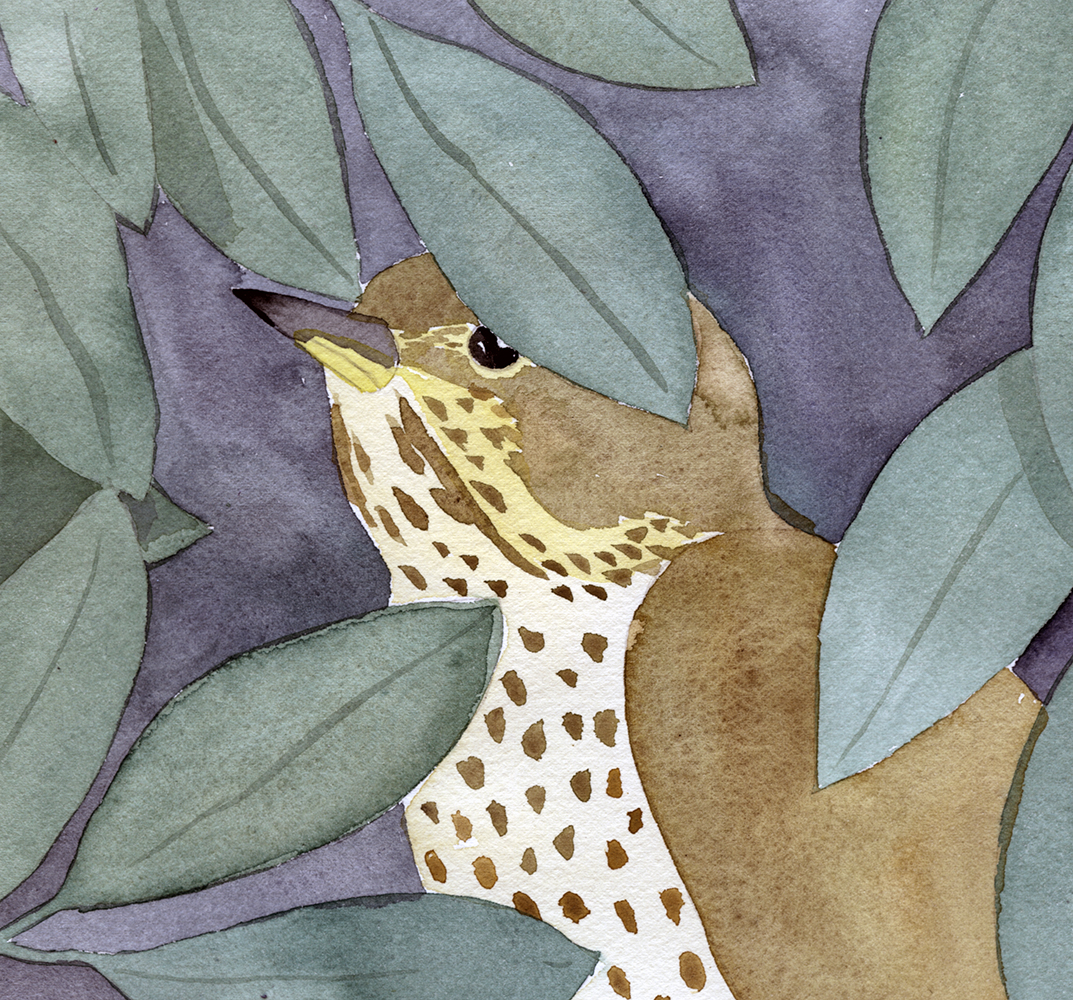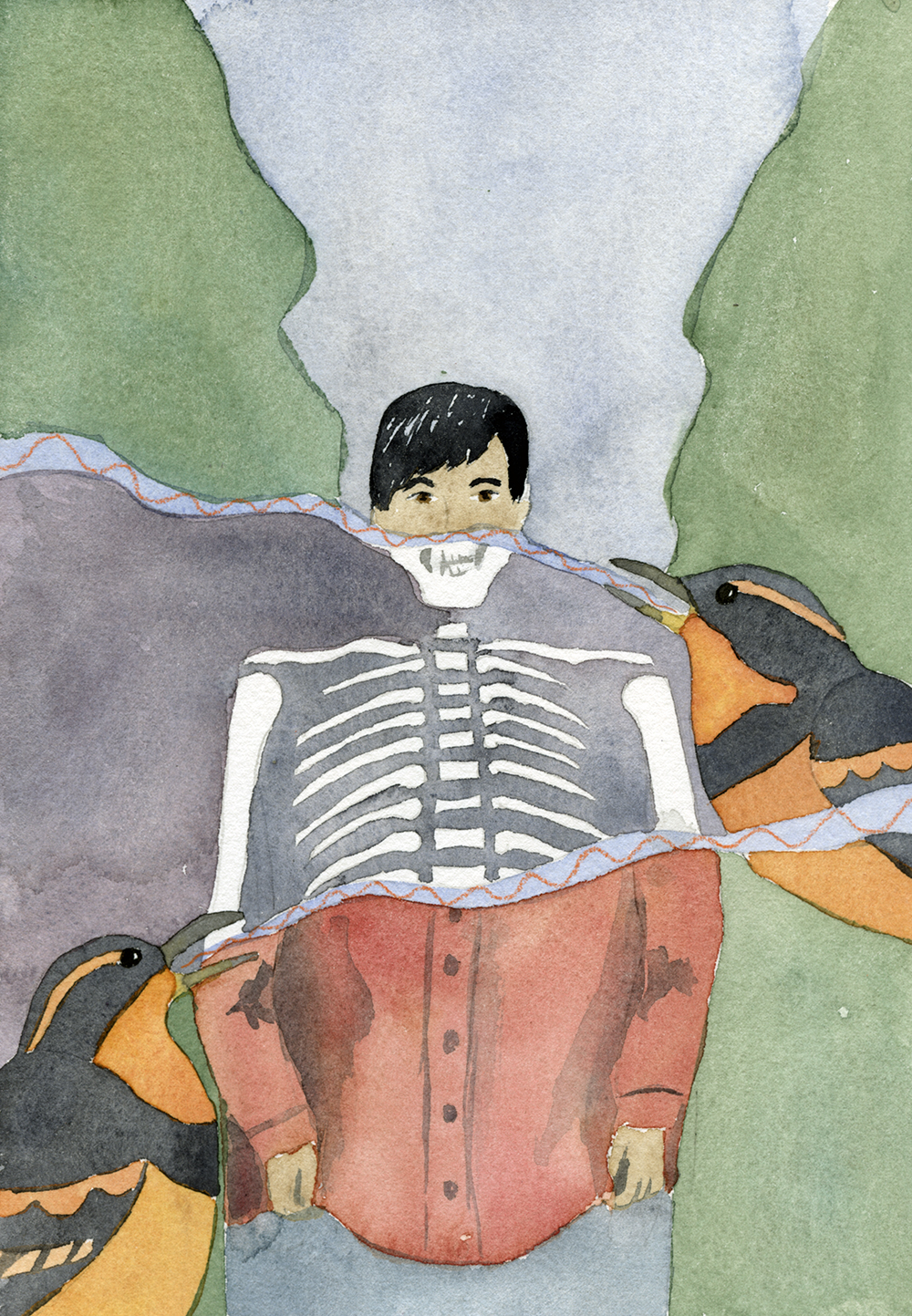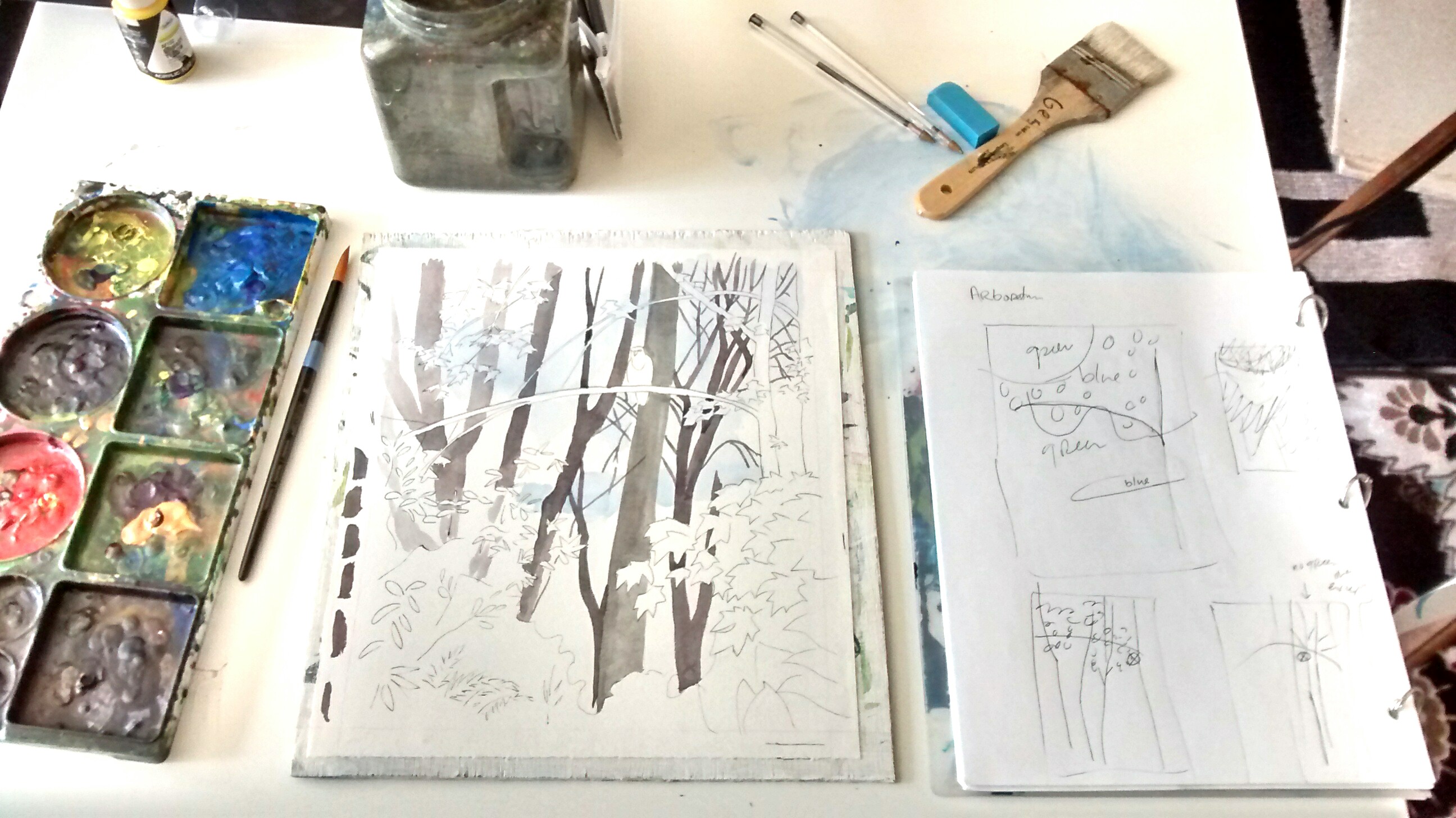This has been my studio during my day job work nights lately💜 I am enamored with simplicity so even though my closet is still crammed full of paintings and my project table is slightly organized chaos I love spending the evening on the couch with just colored pencils, a pen and a journal.
I don’t get to share everything from my workbooks because I journal in them a lot and that’s too personal to post but when I can share pages I will because I love seeing other people’s visual journals, workbooks and sketchbooks.
